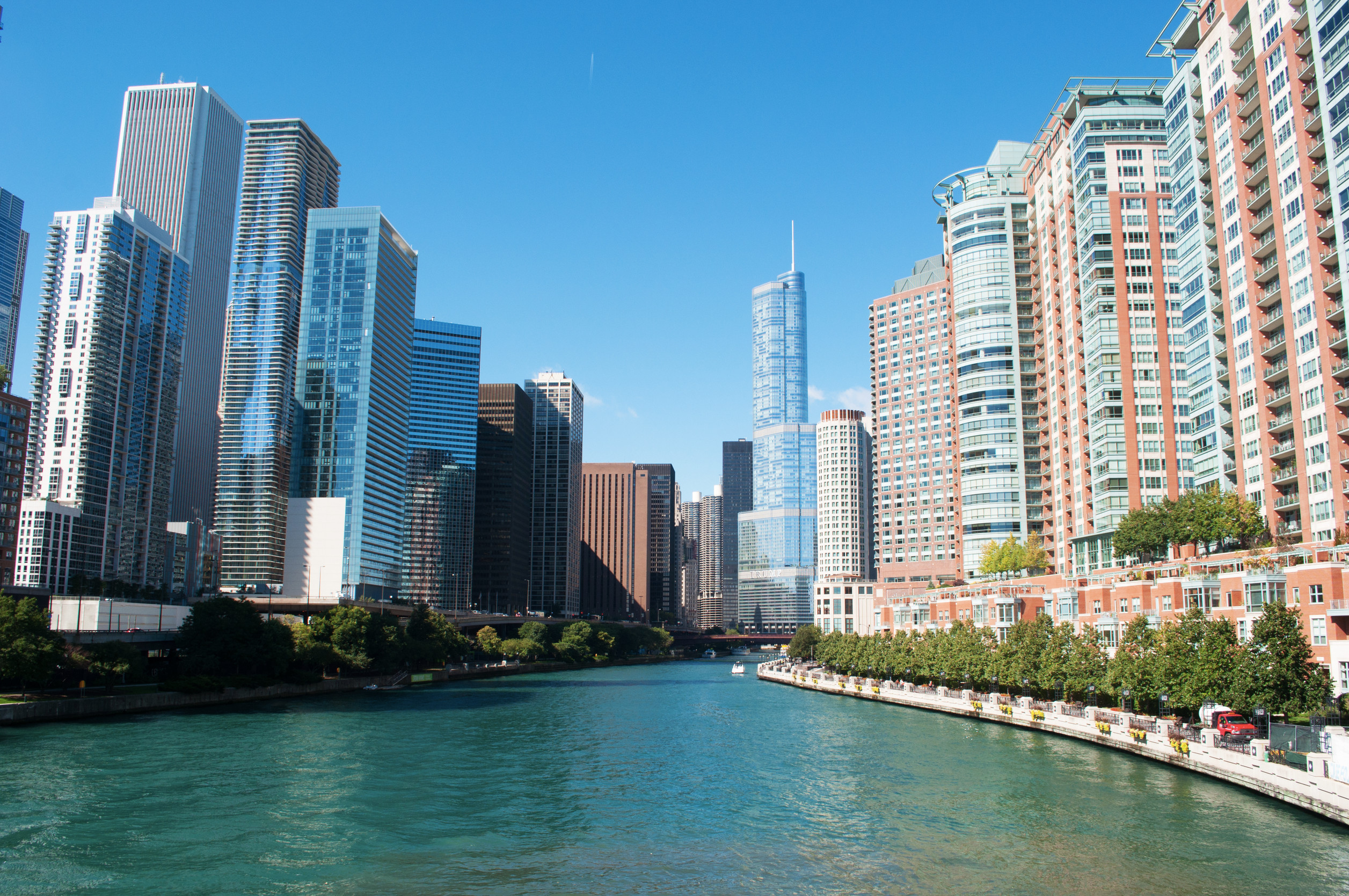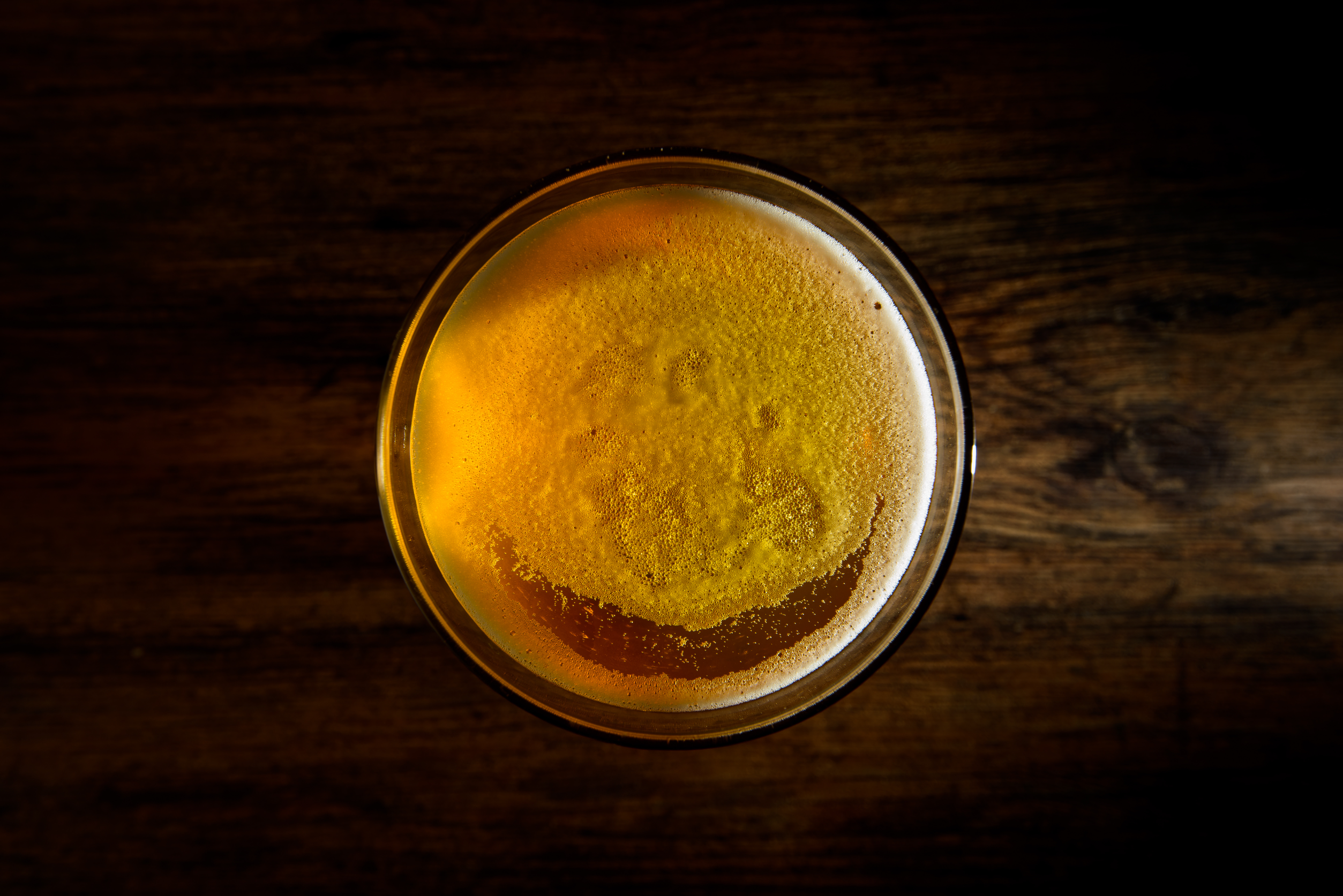
How the Chicago River went from dumping ground to eco destination
BY THE OPTIMIST DAILY EDITORIAL TEAM For generations, the Chicago River was overlooked, dismissed, and heavily polluted. But today, this waterway is showing signs of life so promising that Chicago is preparing to host its first downtown open-water swim in nearly a century. "Everyone used to Read More...

Solutions are brewing! Recycled beer yeast surprising solution for water pollution
Breweries are well-known for producing wonderful beer, but what if their waste could also be used to combat water pollution? Recent MIT research reveals an innovative way in which recycled beer yeast can help remove hazardous lead from water, providing a sustainable and cost-effective Read More...

Bacteria can filter toxic metals out of wastewater to make it drinkable
From recycling car batteries to tackling plastic pollution, bacteria has been increasingly under the microscope of scientists working to provide solutions to some of the most challenging global issues. Most recently, researchers in India have discovered a strain of bacteria that can filter Read More...

Soap is a big water polluter. This probiotic version does the opposite
We use soap to clean our dishes, clothing, and even ourselves, but this same soap that we use to clean isn’t so great for rivers and oceans. Especially in countries where many people still use rivers for washing purposes, soap can directly contaminate ecosystems and pollute water that communities Read More...

Mussel-mounted motion sensors can help detect toxins in our water
Mussels are fascinating creatures that who's powerful role in our ecosystems is often overlooked. We’ve written previously about how mussels inspired highly effective surgical glue as well as how they can accurately gauge levels of pollution and identify contaminants in underwater Read More...

Pollution-eating, electricity-breathing bacteria may save our water
It’s no secret that humans have had an enormous impact on the world’s water supply. If we look at lakes, rivers, or shores that humans live near, chances are we will find a significant quantity of litter scattered in the area. According to Clean Water Action, these water pollutants have Read More...

How well-placed wetlands could dramatically cut nitrogen pollution
Nitrogen runoff from agriculture is a major problem, polluting our waterways and causing algae blooms that damage aquatic ecosystems. Wetlands offer a powerful buffer to nitrogen runoff as they serve as a natural filter to nutrient-polluted water, but we need to restore more wetlands in order to Read More...

Dirty Labs is removing water-polluting chemicals from laundry detergents
Considering that almost everyone has to do laundry, it’s pretty shocking that we use laundry detergents that contain chemicals that harm the environment and can’t even be removed by standard water treatment plants. Fortunately, a biotech startup by the name of Dirty Labs has come up with a Read More...

Could excess pine needles help solve water pollution in India?
For a couple of decades already, India has been troubled by two particular environmental problems: the risk of fire in the pine forests cloaking the foothills of the Himalaya, and pollution by heavy metals, particularly lead, of some of the country’s water supply. A team of scientists in Delhi Read More...

More legal rights could mean less deadly algae for Lake Erie
Laws focused on natural spaces often hone in on protecting what humans can gain from the natural resource, rather than protecting the space itself. However, “Rights of Nature” laws, which give natural spaces protection as legal entities, are beginning to crop up in an effort to change the Read More...


